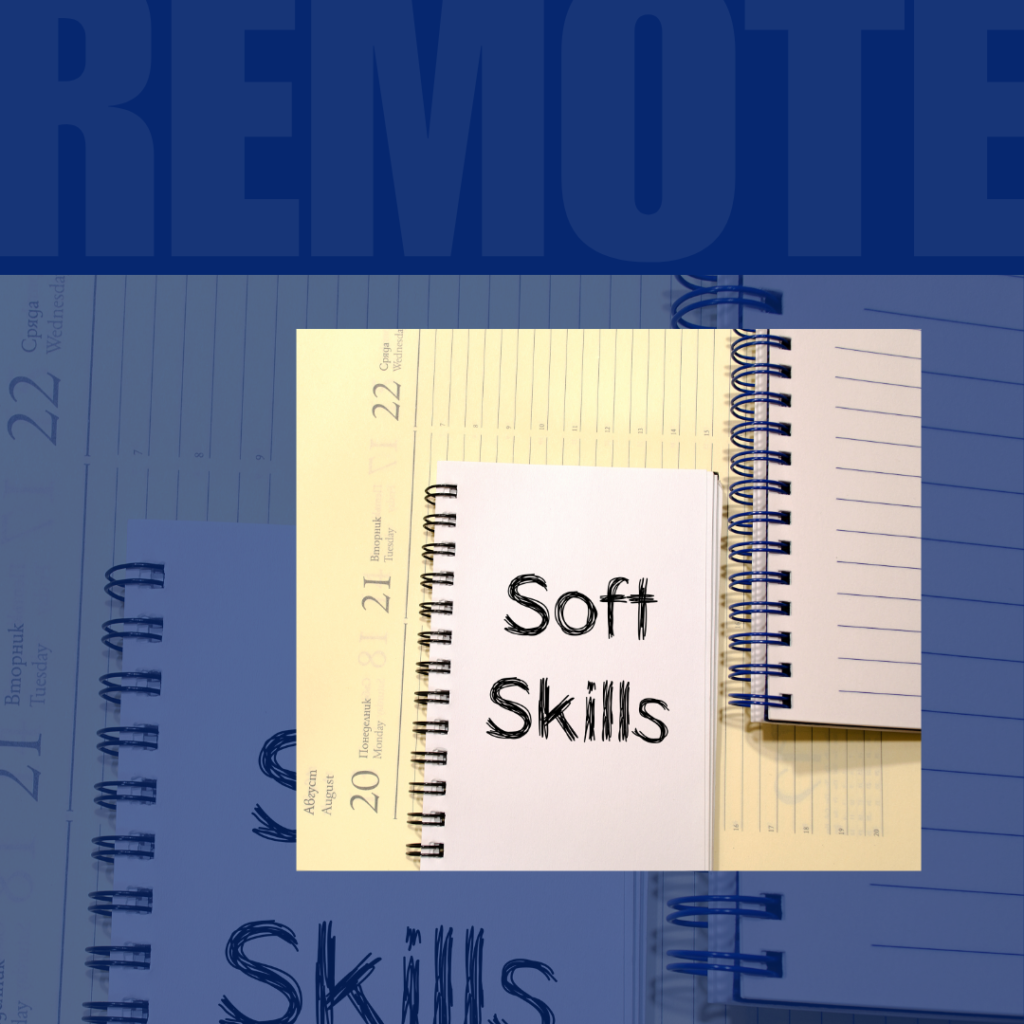
“Speed or Accuracy?” — What This Interview Question Really Tells You
At first, it sounds like a throwaway question. “What’s more important to you — speed or accuracy?” But if you’re running a serious business, this one question can tell you a lot. It’s not about getting a perfect answer. It’s about how a person makes decisions when things get real.
The Right Answer? It Depends — and That’s the Point
There’s no one-size-fits-all reply. Someone who always picks speed might crash the moment quality matters. Someone who always picks accuracy might never ship on time. What matters is whether the candidate understands trade-offs. Do they know when to go fast — and when it’s better to slow down?
You’re Testing Decision-Making, Not Preferences
Don’t just listen for “speed” or “accuracy.” Listen for how they explain it. Do they bring up context? Do they mention deadlines, risk, customers, or the team? That’s where the insight lives. The real pros will tell you, “It depends on what’s at stake,” and then walk you through their thought process.
Look for Signs of Flexibility
In business, there are moments when you need to ship a quick fix, and others when one mistake can cost everything. You want people who can handle both. Watch for signs that the candidate adapts to different scenarios. Do they ask questions before acting? Do they know how to balance?
Ask for a Real Example
Follow up with, “Tell me about a time you had to choose.” That’s where the truth comes out. You’ll see if their decisions are driven by ego, fear, pressure, or strategy. The way they made that call in the past says a lot about how they’ll handle pressure in your company.
It’s a Culture Test, Too
This question also shows you whether the person fits your pace. Some teams move fast and break things. Others value polish and control. You need to know if this candidate will thrive — or struggle — in your workflow. Their answer isn’t just about habits. It’s about alignment.
